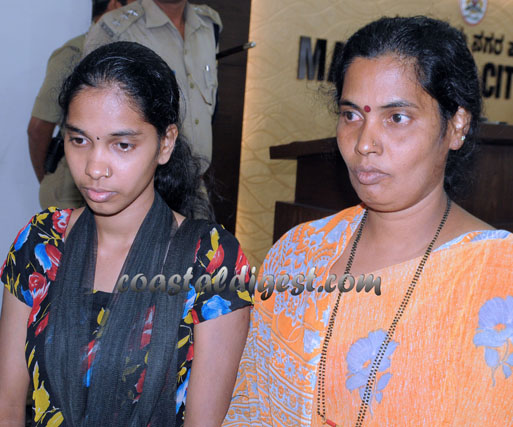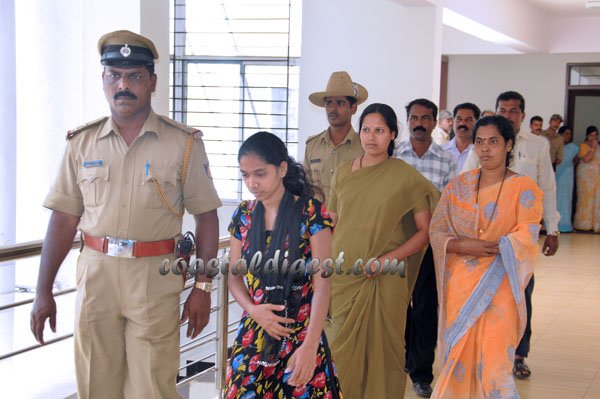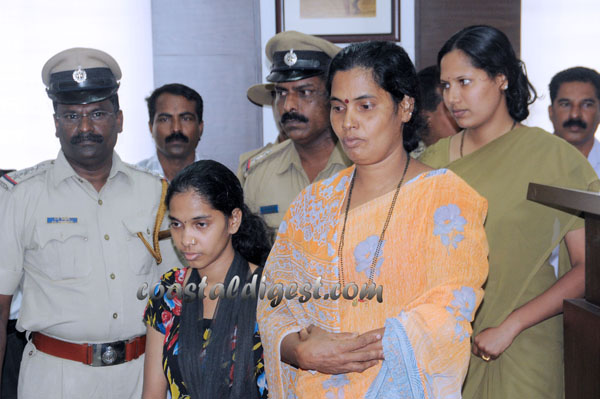
Moodbidri, March 9: The Moodbidri police have finally made a breakthrough in the investigation of the mysterious disappearance of 'Apadbandhava Ashok', a resident of Korangallu in Hudko Colony, more than a year ago.
Addressing media persons in a press briefing at the Mangalore Police Commissionerate, Seemanth Kumar Singh, Mangalore City Police Commissioner, revealed that Ashok, who was an affable person and liked by one and all in the Moodbidri area, was killed by his wife Chandravati on December 7, 2010.
The police have also arrested the woman and have also subjected son of the couple and Ashok's brother Sathish to inquiry.
The background:
Ashok had returned home on the morning of December 7 after completing his night shift and straight away slipped into sleep.
Chandravati, after confirming that her husband was asleep, bludgeoned him to death with grinding stone, the police said.

Although Mr. Singh declined to reveal the hint the police recieved to get a breakthrough in a year old case, it is being reported that Ashok allegedly harassed his wife suspecting her of infidelity. After killing Ashok in the brutal manner, the dead body was cremated in the bathroom built on the verandah. The unburnt limbs were then buried on the compound.
After stealthily carrying out the 'mission grind stone', Chandravati went to Satish's house in Belthangady and complained that her husband has been missing.
Chandravati also confessed during the investigation that she had thrown the bones into the sea at Someshwar after packing them in a gunny bag.
Three days after the incident, she returned to Moodbidri and told the local people that Ashok was taken away by a motorbike-borne youth and also filed a complaint with the local police.
The police had treated it as a missing case. However, it is being reported that the woman overcome by a feeling of guilt, had revealed the true story to one of her friends and the clue was then passed on to the police, who renewed the investigation and found evidences against the woman.
Ashok had served in the homeguard for several years and had also worked as a security guard at Dhavala College. He was also involved in social work and was known as 'Apadbandhava Ashok' for his humane qualities. He took extra interest in caring the orphans, urchins and explored ways to rehabilitate them. He was also a snake catcher and his services were sought whenever snakes were found in residential localities.








Comments
Please remove it from google , I'm S/O Apadbandhava Ashok Please I want speak to you Now I'm in UAE +971559268478 this is my contact number , [email protected] this is Mail address, please contact me the way how can you easily possible, please I'm waiting,
Add new comment